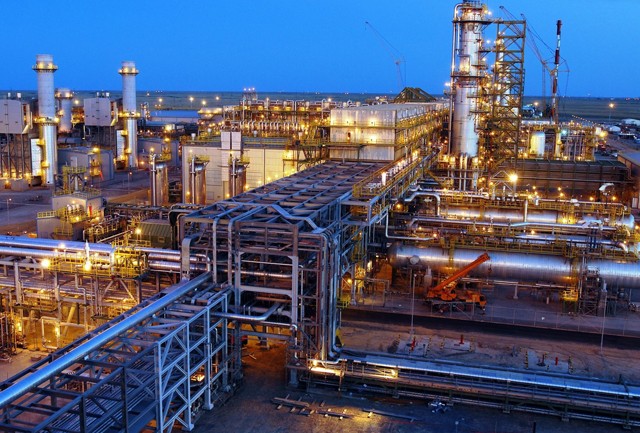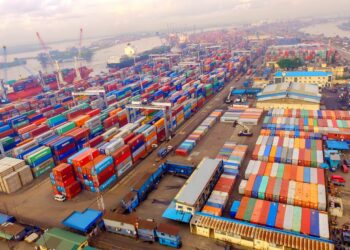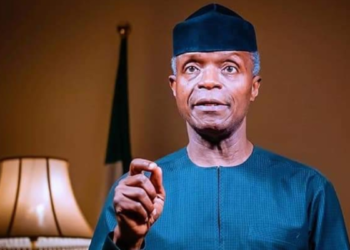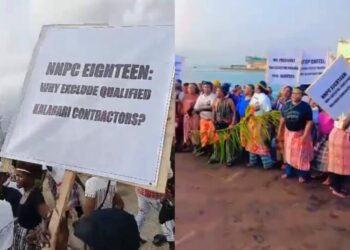Nigeria is moving ahead with developing key gas infrastructure beyond the shores of the country as a major step towards closing key energy infrastructure gap.
This is as African leaders with support of private investors are set to hold high level talks on how to bridge the continent’s huge infrastructure gap. The leaders would converge at the African Energy Week (AEW) taking place in South Africa.
Africa’s infrastructure deficit remains a significant barrier to its development, with annual investment needs estimated between $130 billion and $170 billion. This gap underscores the urgency for innovative financing to support critical energy infrastructure projects that can drive regional integration and economic growth.
The conversation would also focus on ongoing reforms and gas sector consolidation by countries like Nigeria.
At the moment, the $25 billion Nigeria-Morocco Gas Pipeline, or African Atlantic Gas Pipeline, is now moving toward construction, signaling a major leap for regional energy integration.
Stretching 6,000km across 13 African countries, the pipeline will supply 30 billion cubic meters of gas annually, including to landlocked Niger, Burkina Faso and Mali, while connecting Morocco to European markets. With strong governmental agreements, phased financing and growing investor interest, the pipeline is set to expand electricity access, support industrial growth and strengthen Africa’s economic and strategic position.
At African Energy Week (AEW): Invest in African Energies 2025 – taking place from September 29 to October 3 in Cape Town – a pivotal panel discussion will delve into the challenges and opportunities associated with financing major cross-border energy infrastructure projects in Africa.
The Regional Energy Integration: Financing Cross-Border Pipelines and Shared Infrastructure Projectspanel will explore strategies to mobilize capital, navigate regulatory complexities and foster collaboration for transformative continental energy and infrastructure initiatives.
AEW: Invest in African Energies is the platform of choice for project operators, financiers, technology providers and government, and has emerged as the official place to sign deals in African energy.
The East African Crude Oil Pipeline (EACOP), spanning 1,443km from Uganda to Tanzania, is now more than 64 per cent complete, marking a major milestone for regional energy integration.
Supported by both developer equity and innovative regional financing, EACOP promises to boost trade, create jobs and attract investment. The pipeline highlights Africa’s potential to overcome complex logistical, financial and regulatory challenges to deliver transformative cross-border energy infrastructure.
“Financing Africa’s energy and infrastructure projects is a complex challenge, but one with enormous potential. Successfully cross-border initiatives can connect markets, expand access to resources and strengthen regional economies. By bringing together public and private expertise, these projects can create lasting opportunities for growth across the continent,” states VP of Commercial and Strategic Engagement, African Energy Chamber, Tomás Gerbasio.





